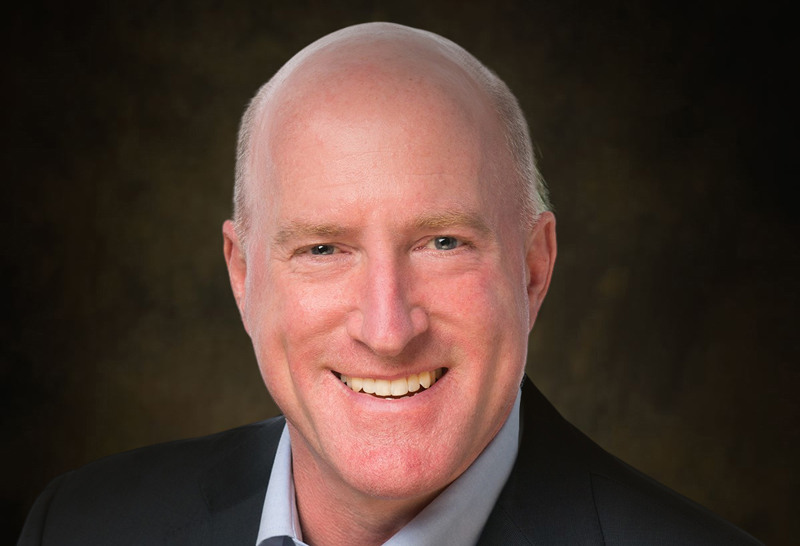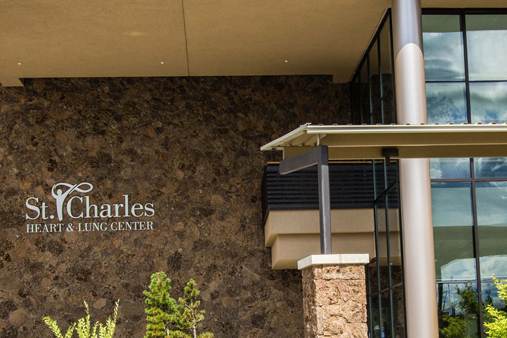At St. Charles, one of my responsibilities as president and CEO is to keep our community informed about health care services, access to care and other topics that could impact local residents. That’s why we recently shared the news that St. Charles is reevaluating its participation in all Medicare Advantage plans, which are operated by private insurance companies and are different from traditional Medicare, which is funded and operated by the federal government.
To hopefully alleviate some of the concerns that have been raised, I’d like to share a few facts about why we are evaluating our participation in Medicare Advantage plans and where we are in our negotiations.
Please know that all of us at St. Charles are listening and we understand your concerns about possibly having to change plans or incurring increased costs. We take these concerns seriously and are certainly weighing potential impacts on community members in our decision-making. But we have also seen and felt for years the impact of not publicly acknowledging these problems, and the burden often lands on the shoulders of our sickest patients and our caregivers.
Every day, I hear stories of Medicare Advantage patients who have trouble getting the care they need. Recently, a patient in the St. Charles Cancer Center was diagnosed with prostate cancer. As a routine next step, the treating physician ordered a PET scan to see if the cancer had spread. It was denied by the patient’s Medicare Advantage plan. The patient had to wait and wonder if the cancer was spreading while three different physicians ordered the test and all three times it was denied, even though it is nationally accepted best practice care for this type of case. Eventually, the scan was approved.
As a physician, I have firsthand knowledge of how delays in care can impact a patient both emotionally and physically. I started out in my career when managed care plans were just coming into existence. I’m struck now by how dramatically the administrative burden has piled up on the backs of my colleagues, our caregivers and our patients since those early days.
It is increasingly clear that Medicare Advantage plans do a pretty good job of providing coverage for outpatient visits and procedures, and some plan members rave about their experience. For patients sick enough to need hospitalization or high levels of specialty care, however, the plans too often fall short. Patients on Medicare Advantage plans frequently end up staying in the hospital longer than traditional Medicare patients. In many cases, these patients also wait longer for approval of necessary care and experience a high rate of denials for care that has already happened.
From my perspective, it’s important for people to understand that we do not believe the current system under Medicare Advantage is working effectively for the interests of all patients.
We, like many other health care organizations across the nation, are asking insurance providers to do better through ongoing contract negotiations. Here is where we stand today:
- St. Charles Health System is currently in contract negotiations with four Medicare Advantage plans.
- Contract negotiations between health care providers and insurance companies are routine.
- We are asking for proposals that address our concerns about delays in patient care, denials for treatments that have already been provided and administrative burdens on our care teams.
- Since our recent announcement, we are pleased to share that some insurers have responded with their intention to continue negotiating. We believe some are willing to work with us to find creative solutions to these complex problems.
- Regardless of where we land in negotiations, we anticipate St. Charles will continue participating in some Medicare Advantage plans in Central Oregon in 2024.
- We want people to be aware that these negotiations are taking place so they have plenty of time to research options and consult with insurance experts before the annual open enrollment period for Medicare beings on Oct. 15.
If you have continued concerns, your insurance provider is the best source of information about the plans they will continue to provide to Central Oregonians into the future. We are also committed to providing updates once negotiations are complete.
Sincerely,
Steve




